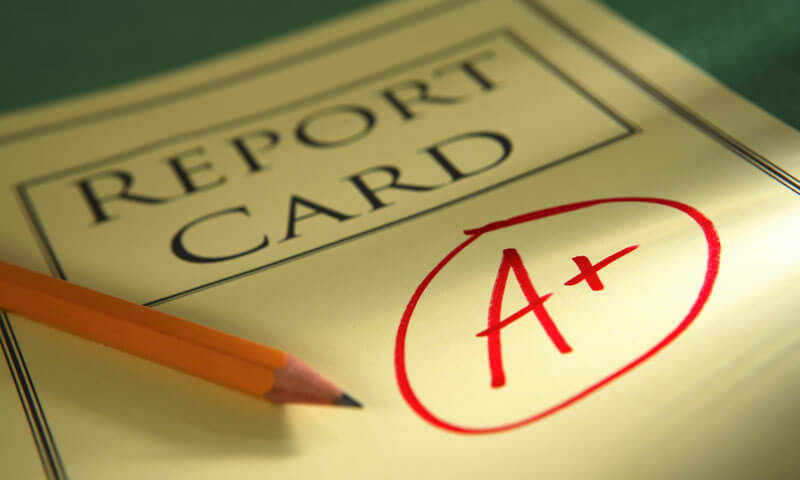
Preparing for the bar exam can be an overwhelming and stressful experience for law school graduates. The pressure to learn and master numerous subjects and the demands of practice exams can leave students feeling anxious and uncertain. Recognizing the need for additional support, UC Law San Francisco has implemented a highly effective Faculty Bar Passage Mentor Program. This program pairs experienced law professors with graduates studying for the bar exam, providing them with personalized guidance and encouragement.
One student, Natalie Thompson, found herself in a state of panic midway through her bar exam prep course. Fears of not having enough time to cover all the subjects and complete the necessary practice exams began to consume her. Seeking assistance, Thompson and two classmates reached out to their civil procedure professor and mentor, Stefano Moscato. While the professor was already conducting bi-monthly Zoom meetings to keep them on track, the students felt the need for more support. The solution? They decided to meet for coffee.
Meeting at a café in Berkeley, Moscato offered valuable advice and supportive words to the stressed-out students. Although they still vented about their courses, they were grateful for the opportunity to step away from their bar prep books and enjoy a change of scenery. This informal interaction highlights the unique and multifaceted approach of the Faculty Bar Passage Mentor Program.
Margaret Greer, UC Law SF’s Director of Bar Passage Support, explained that the program aims to provide graduates with regular check-ins with faculty mentors throughout their bar review period. These mentors act as coaches, offering practical advice and encouragement to their mentees. The program recognizes that each student has their own preferred study methods and needs, and the mentors tailor their guidance accordingly.
Tori Timmons, a recent graduate and now an academic skills lecturer at UC Law SF, praised her mentor for seeing her as an individual. She described how he acknowledged the challenges of bar prep while reminding her of her own capabilities and hard work as a law student. Timmons believes that her mentor’s support played a significant role in her ability to navigate and succeed during the bar exam preparation process. The mentor encouraged her to embrace the challenge and find enjoyment in the learning experience.
Professor Mai Linh Spencer, another mentor in the program, emphasized the importance of personalized support. She recognizes that each mentee requires a unique blend of support and accountability. Professor Spencer provides a variety of resources, including group Zoom meetings, weekly emails for questions and progress reports, in-person meetings over coffee or lunch to lend a listening ear, and a balance of encouraging messages and occasional firm reminders.
Jennifer Freeland, the associate dean who leads the Office of Academic Skills Instruction & Support (OASIS), finds the mentoring experience rewarding. She acknowledges that the bar exam journey can be isolating, requiring intense months of studying culminating in a few crucial days of testing. The weight of this experience can feel insurmountable for students. Freeland emphasizes the power of having someone listen and validate their experiences, serving as a reminder that success is attainable. She encourages students to believe in their ability to conquer the exam.
Thompson, who herself benefited from the mentorship program, recommends that all first-generation law students find at least one bar mentor to share their insight and experience. Understanding the unique stress and challenges of bar study, Thompson believes that having a mentor provides a support system and motivates students to persevere. Sharing a mentor with friends can also foster a sense of camaraderie and remind students that there is life beyond bar prep.
UC Law SF’s Faculty Bar Passage Mentor Program exemplifies the commitment of the institution to its graduates’ success. The program equips students with the tools they need to excel on the bar exam by providing personalized guidance, practical advice, and a supportive network. Through the guidance of dedicated mentors, graduates can approach the bar exam with confidence, knowing they have a strong support system behind them.












































